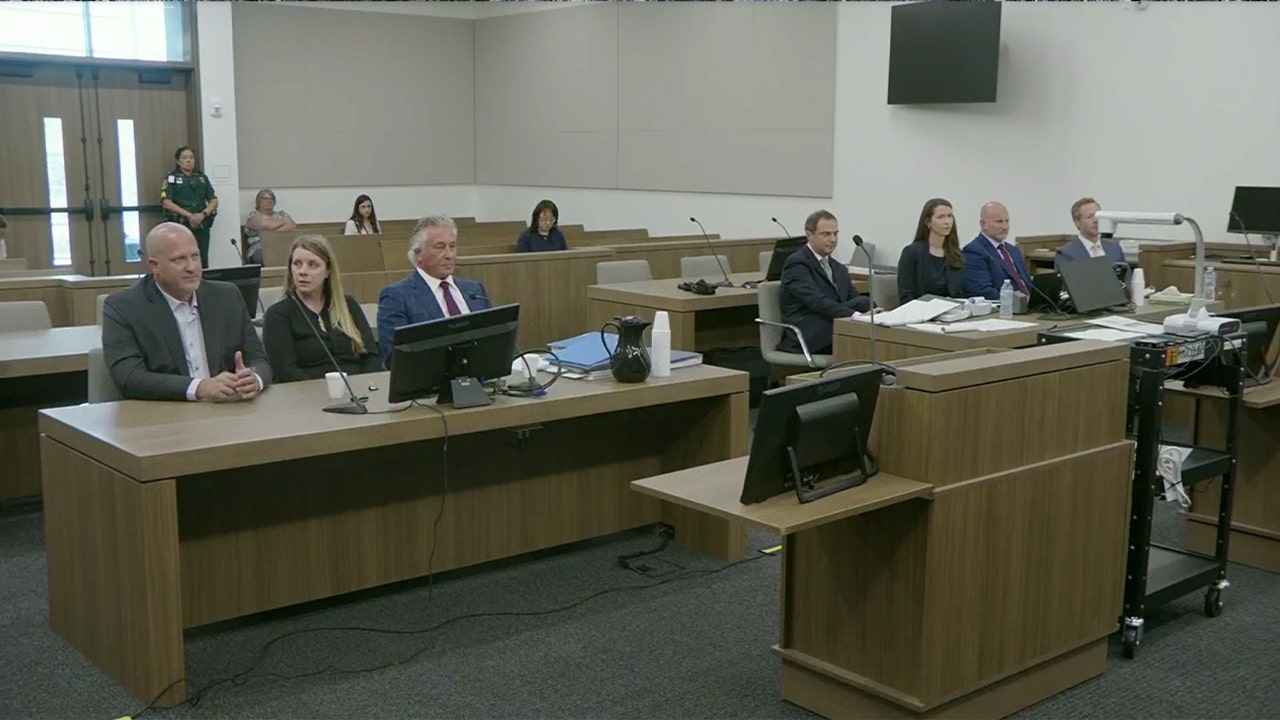What followed was a very slow 12-year recovery of satisfaction across almost the entirety of the Obama and Trump administrations, with a post-2004 high of 45 percent reached in February 2020, on the eve of the outbreak of the Covid-19 pandemic. By January 2021, the level of satisfaction was back down to 11 percent, just two points off its historical low. Under Joe Biden, Americans briefly became somewhat more upbeat — but figures have sunk again from the mid-30s to the high teens and low 20s in recent months.
These findings mirror what other pollsters have found when they asked respondents about whether they think the country is on the right or wrong track, and about their trust in government and confidence in American institutions. The latter number has been slowly falling since the 1960s, but it, too, really began to collapse in 2004, eventually reaching the low 30s by 2007. In 2023, just 26 percent of Americans expressed confidence in our institutions.
In January 2021, Alana Newhouse published an essay in Tablet, “Everything Is Broken,” that gave voice to this incredibly widespread (but underreported) sentiment. Why did so many people in the United States believe that, as Ms. Newhouse put it in a follow-up essay, “whole parts of American society were breaking down before our eyes”?
The examples are almost too numerous to list: a disastrous war in Iraq; a ruinous financial crisis followed by a decade of anemic growth when most of the new wealth went to those who were already well off; a shambolic response to the deadliest pandemic in a century; a humiliating withdrawal from Afghanistan; rising prices and interest rates; skyrocketing levels of public and private debt; surging rates of homelessness and the spread of tent encampments in American cities; undocumented migrants streaming over the southern border; spiking rates of gun violence, mental illness, depression, addiction, suicide, chronic illness and obesity, coupled with a decline in life expectancy.
That’s an awful lot of failure over the past 20-odd years. Yet for the most part, the people who run our institutions have done very little to acknowledge or take responsibility for any of it, let alone undertake reforms that aim to fix what’s broken. That’s no doubt why angry anti-establishment populism has become so prominent in our politics over the past decade — with Mr. Trump, a political outsider, taking over the Republican Party in 2016 by running against the elites of both parties, and Senator Bernie Sanders giving the establishment favorite Hillary Clinton a run for her money that same year by taking on the banking and finance sectors of the economy, along with their Democratic and Republican enablers.






